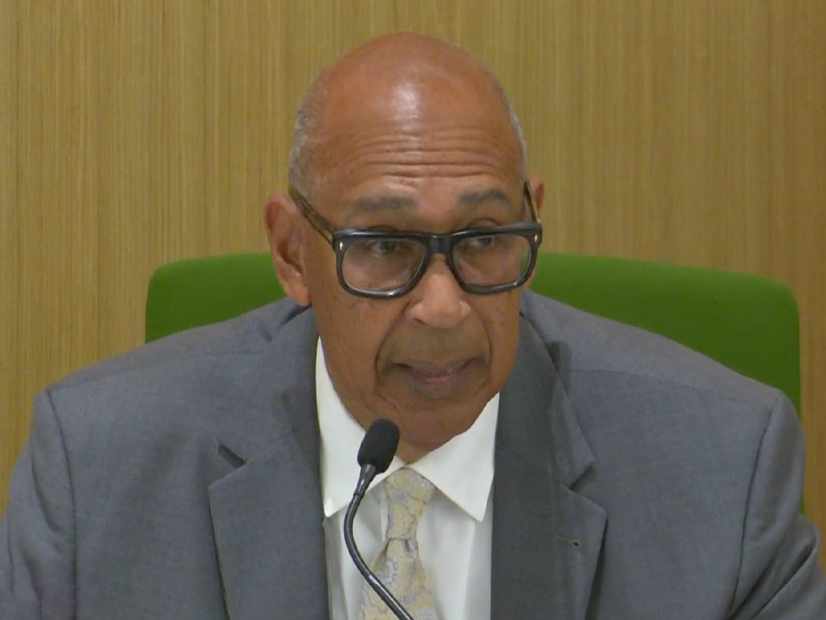
The author of a California bill that could eventually turn CAISO into an RTO said he will hold it in the legislative committee that he chairs while he tries to overcome opposition from labor unions, ratepayer advocates and his fellow lawmakers.
State Assemblymember Chris Holden (D), chair of the Assembly Appropriations Committee, said at the start of a committee hearing Tuesday that he still intends to move forward with AB 538.
“Interactions with my colleagues and stakeholders throughout the West persuade me that there is strong and widespread interest in working together on the details of governance and operations of a Western regional transmission organization,” Holden said. “I’m putting AB 538 on hold for now to allow that to happen. I’m hopeful of rapid progress, opening the way for legislative action at the earliest possible date.”
The move was not a surprise. In a hearing of the Assembly Utilities and Energy Committee in April, committee members allowed the bill to move forward only on the condition that Holden hold the bill in the Appropriations Committee while he addresses concerns with several key provisions. (See Committee Gives CAISO RTO Bill a Cool Reception.)
The bill would allow CAISO to develop a plan for independent governance, free from legislative oversight and with board members who are not appointed by California’s governor. (See Lawmaker Introduces Bill to Turn CAISO into RTO.)
CAISO is a public benefit corporation created by the legislature in 1998. The governor appoints the ISO’s Board of Governors, and the State Senate confirms them.
Having independent governance is essential for CAISO to become an RTO because other states will not join one dominated by California. But Golden State lawmakers have refused to cede control.
Holden’s prior efforts to expand CAISO governance to include other states in 2017/18, which were supported by former Gov. Jerry Brown, failed because of opposition from fellow Democrats in the legislature.
Until this week, Gov. Gavin Newsom has been silent on Holden’s latest effort, but he issued a statement after Tuesday’s announcement indicating support.
“I’d like to thank Assemblymember Holden for his leadership in the discussions around a Western regional transmission organization,” Newsom said. “I Iook forward to our continued work with the legislature, California stakeholders and our partners in other states to advance this important effort on enhanced regional collaboration that will benefit all the West.”
Circumstances have changed since Holden’s prior effort to expand CAISO governance. Notably, SPP is planning to establish a Western version of its Eastern Interconnection RTO, called RTO West, and is planning Markets+, a program with a day-ahead market.
Proponents of Holden’s bill have warned lawmakers that Western entities will abandon CAISO’s successful interstate Western Energy Imbalance Market and join SPP unless the ISO can offer an RTO with independent governance.
Jan Smutny-Jones, CEO of the Independent Energy Producers Association, told energy committee members in April that SPP “will be a different RTO than the one that would be built by [CAISO]” and asked whether they wanted a Western RTO to be run from California or Arkansas, where SPP is based.
Opponents of the measure say expanding CAISO to other states will siphon clean-energy construction jobs to states such as Arizona and Nevada, where it is cheaper to build and operate generation and storage resources.
They also contend that California lawmakers should not relinquish control of CAISO.
“The creation of a multistate RTO divests the legislature from having any ongoing role, and, in fact, you’re being asked to make yourselves and state agencies and the governor completely irrelevant,” Matthew Freedman, staff attorney for ratepayer advocacy group The Utility Reform Network, said in April’s hearing.


